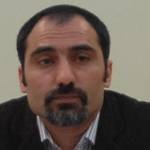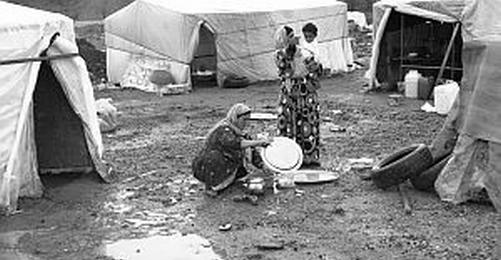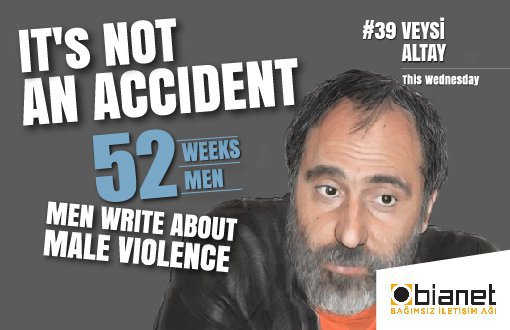They are different, poor and jobless. They have been oppressed for years and were not able to live their identities, cultures, languages. Their children lack education. Seasonal workers have always been perceived by authorities as different and "terrorists". Every year, they make their way to provinces like Gaziantep, Urfa, Mardin and Diyarbakı to earn a living.
They are crammed into small minibuses taking their household with them including poultry, bedding and cooking utensils. If they cannot find a minibus, they travel at the back of open lorries or 9-10 people push into a 3-4 people train compartment.
Once they reach the provinces they are forced to go to and which are chosen randomly, provided that the journey was not stopped by any accident in the meantime, they are going to face even more hurtful and more severe problems.
The desperately poverty-stricken seasonal workers first of all encounter a meeting with the police forces as the representative of the state authority as soon as they enter a city.
The police officers determine the newcomers' health condition from the corner of their eyes. If they are found "healthy", the questions start. They are being asked many questions, e.g. 'why did you come, why are you here, who sent you, how many are you, how many days will you stay, where are you going to stay, who is your leader, have you been here before, if yes why'...
Of course the state has to know whether these people are "trustable". Therefore, officials take photocopies of the workers' Ids and register their addresses..
"We are facing the police wherever we go"
In personal conversations with the workers they also talk about problems other than the discriminatory policies of the state institutions and police forces. 38-year-old B.Ö. for example has six children. He came to Ordu (Black Sea coast) with the hope to find work. "We are facing the police and gendarmerie wherever we go. I do not know what they want from us. We are here because of poverty. Why should I take on this journey with that many children otherwise? Sometimes I feel ashamed of being human", B.Ö. says.
55-year-old M.S. explained in front of a tent, "They look at us as if we were bogeys. Are we not Muslims? We cannot go to the mosque and pray. We are not allowed to get water from the village. We are not even able to charge our telephones. We have difficulty in doing the shopping at the grocery store. We are not beggars. We just want to work and win our bread".
Daily discrimination
Kurdish workers from various provinces mainly come to Ordu and Giresun on the Black Sea coast for the annual hazelnut harvest and to provinces like Trabzon, Düzce, Bolu and Sakarya. The number of seasonal workers is estimated between 150,000 and 200,000.
Basic board and lodging is sometimes covered by the hazelnut grove owner but most of them do not cover these basic needs of the workers. Thus, the workers set up simple tents on empty areas creating the image of a refugee camp.
The hazelnut business in the West and East Black Sea regions brings an annual revenue of 2 billion dollars. Most of the harvest is being collected by workers from Kurdish provinces. The Kurdish workers are made to work for TL 25-30 (€ 12-15) per day with 12 to 14 working hours. The daily salary may decrease to TL 23 in case the owner of the hazelnut grove covers board and lodging.
Local workers on the other hand earn TL 50-60 (€ 25-30) per day for 8-10 hours of work. This reveals discrimination against Kurdish people. This discrimination was also applied in recent years to workers coming from Georgia who join the hazelnut harvest because of their poverty.
Decent living
The workers ask for assistance of the municipalities such as hygienic portable toilets, water and food. They want to be treated humanely. They do not want permanent encounters with the police. They request the same daily salary as the local workers and a decrease in working hours. Yet, the only public institutions showing any interest in the seasonal workers are the police and the gendarmerie.
In fact, this year accommodation for the seasonal workers was constructed in Ordu. However, the housing was built on the banks of the Melen stream and the workers' safety of life was seriously threatened when a flood gushed down the stream. Many of the workers' belongings were washed away and disappeared in the flood.
The seasonal workers are actually not asking for much. They want an infrastructure to be able to live decently; an end to discrimination in daily wages; being treated as human beings; education for their children. In short, showing sensitivity and "security" for a humanely life. (VA/HK/VK)
* Pictures: Veysi Altay







